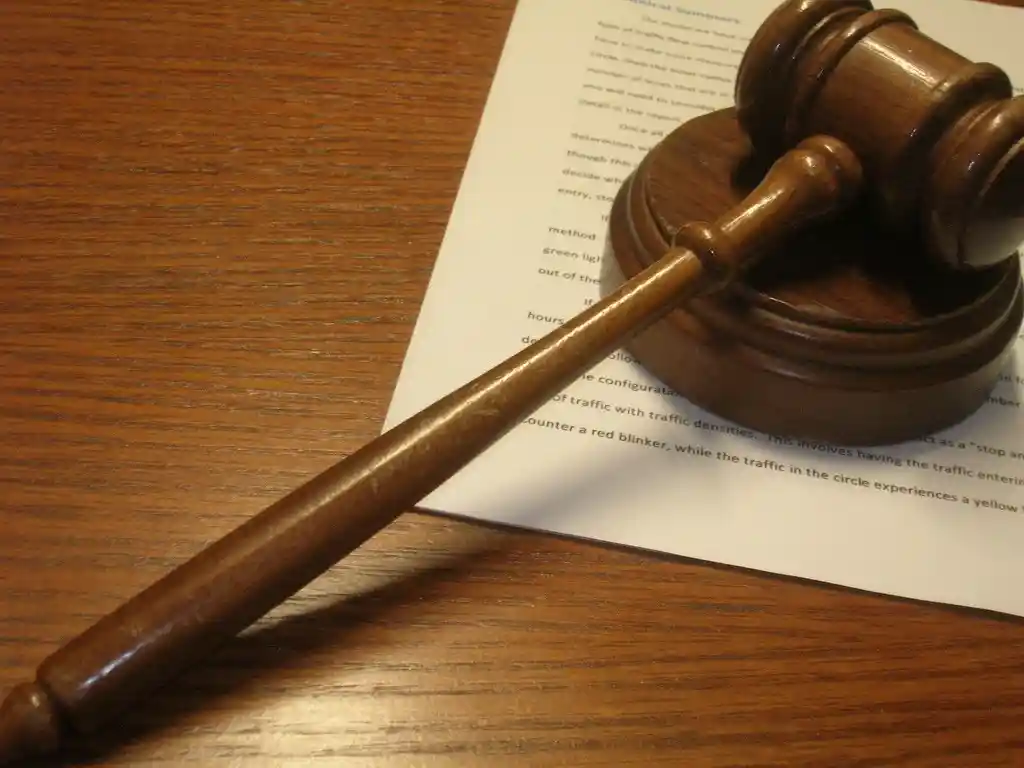 No one is perfect. We all make mistakes. Unfortunately, some of those mistakes can haunt us for a very long time – even forever.
No one is perfect. We all make mistakes. Unfortunately, some of those mistakes can haunt us for a very long time – even forever.
Otherwise law abiding citizens, for example, are caught driving under the influence all the time.
If you are one of them, and you are currently being prosecuted for your mistake, you may be wondering how long you will have to pay for your mistake.
In other words, how long does a DUI conviction stay on your record in the State of Nebraska? Unfortunately, a conviction stays on your permanent record forever in the State of Nebraska except under very limited circumstances.
Your Nebraska Criminal Record
In the State of Nebraska, a conviction for either a misdemeanor or a felony criminal offense will remain on your criminal record for life. In today’s electronic age, that often means that the record of your conviction is readily available to prospective employers, landlords, and even the general public.
Can a Conviction Ever Be Expunged or Erased in Nebraska?
Many states allow a defendant to file a petition to expunge, or erase, a conviction. Some states require a specific amount of time to pass first, require a petitioner to provide proof that he/she is worthy of the request, and/or only allow certain types of convictions to be expunged.
Unfortunately, the State of Nebraska does not, as a general rule, allow for the expungement of a criminal conviction. Nebraska Revised Statutes 29-3523 governs the very narrow conditions under which you may petition to have your criminal history removed from the public record, as follows:
Except as provided in subsections (1) and (2) of this section, in the case of an arrest, citation in lieu of arrest, or referral for prosecution without citation, all criminal history record information relating to the case shall be removed from the public record as follows:
Determination of the Prosecuting Attorney
(a) When no charges are filed as a result of the determination of the prosecuting attorney, the criminal history record information shall not be part of the public record after one year from the date of arrest, citation in lieu of arrest, or referral for prosecution without citation;
Completed Diversion
(b) When charges are not filed as a result of a completed diversion, the criminal history record information shall not be part of the public record after two years from the date of arrest, citation in lieu of arrest, or referral for prosecution without citation; and
Case Dismissed
(c) When charges are filed, but the case is dismissed by the court (i) on motion of the prosecuting attorney, (ii) as a result of a hearing not the subject of a pending appeal, (iii) after acquittal, or (iv) after completion of a program prescribed by a drug court or any other problem solving court approved by the Supreme Court, the criminal history record information shall not be part of the public record immediately upon notification of a criminal justice agency after acquittal pursuant to subdivision (3)(c)(iii) of this section or after the entry of an order dismissing the case.
What This Means
In essence, a true conviction cannot be expunged, erased, or removed from the public record. You can only have the record of your “conviction” removed from the public record if you were never actually convicted because you completed a diversion program.
Otherwise, only records that do not include a conviction may be removed from the public record. Moreover, even if your record is officially removed, it can still be viewed by law enforcement personnel, courts, and other government agencies that have a need to know.
Contact Us
If you have been arrested and charged with driving under the influence in Nebraska contact the Petersen Law Office 24 hours a day at 402-513-2180 to discuss your case with an experienced DUI defense attorney. We can help you answer the tough question of “How long does a DUI stay on your record”?

